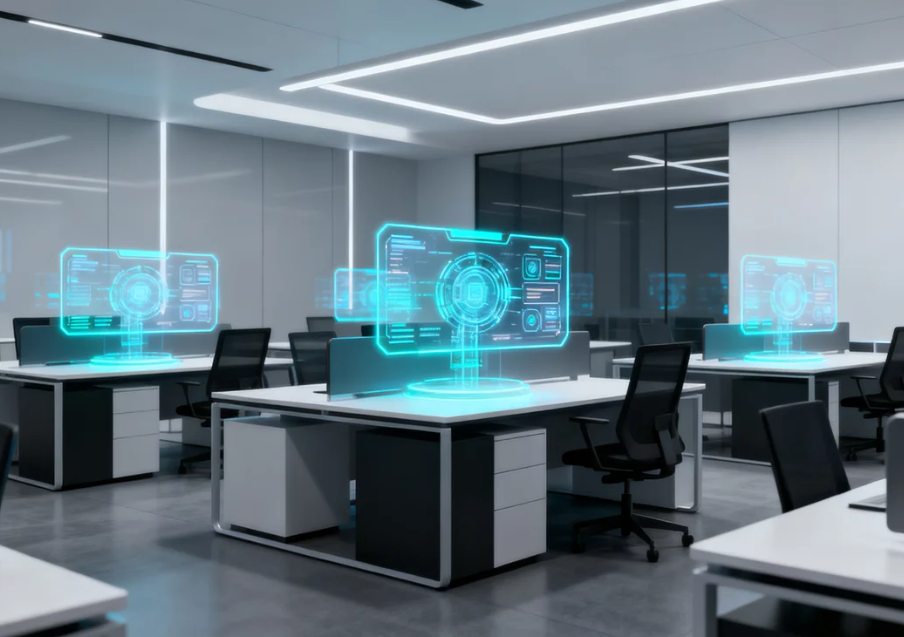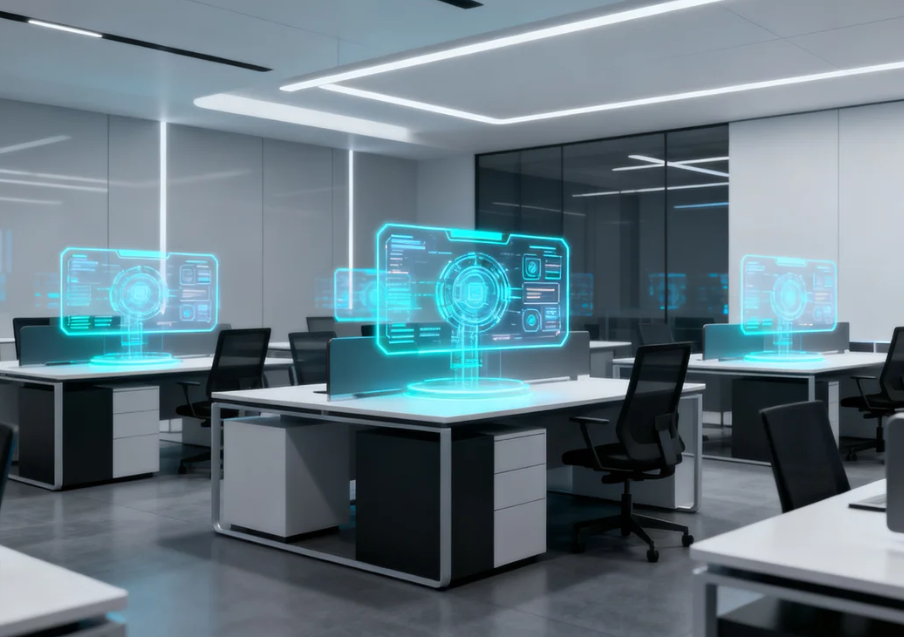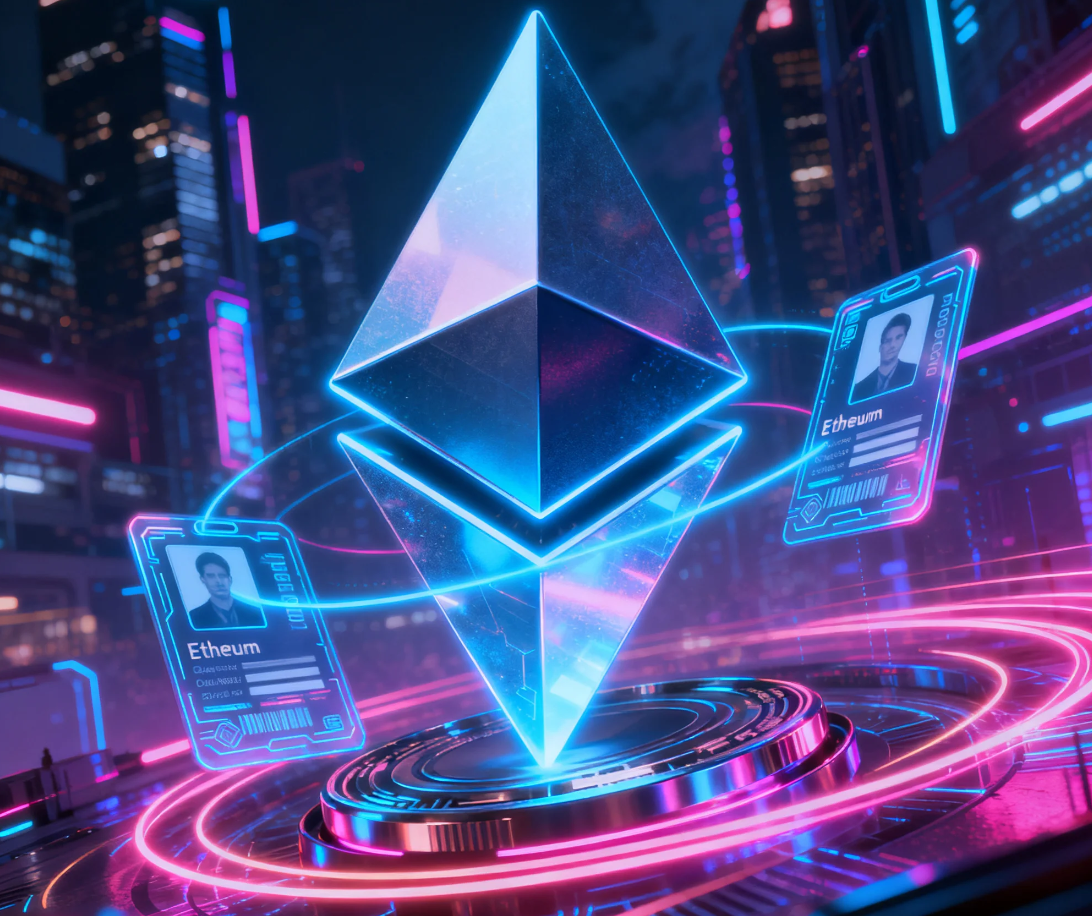The rise of generative AI is no longer just a future possibility—it’s already leaving fingerprints on the American labor market, according to Goldman Sachs economist Joseph Briggs.
In a podcast episode shared with CNBC, Briggs said the tech industry is showing the earliest signs of disruption, even though most companies haven’t fully deployed AI in large-scale production yet.
“For the past two decades, tech employment has grown almost in a straight line as a share of overall jobs,” Briggs explained. “But in the last three years, we’ve seen a reversal—tech hiring has slowed and is now undershooting its long-term trend.”

Early Displacement: Young Tech Workers on the Frontline
The data shows the pain point clearly: unemployment among tech employees aged 20 to 30 has surged by three percentage points in 2024, Briggs noted. That spike is far greater than what’s been seen across the broader tech sector—or among young workers in other industries.
This shift is tied to how generative AI has rapidly proven itself in coding, customer service, and other repetitive tasks. Giants like Alphabet and Microsoft say AI is now generating up to 30% of project code, while Salesforce CEO Marc Benioff recently revealed AI completes about half the work inside his company.
“Young workers, whose roles are often the easiest to automate, are becoming the first casualties of AI-driven labor substitution,” Briggs said.
CEOs Push Efficiency Over Hiring
Tech leaders appear to be tightening hiring pipelines for junior staff as they adopt AI tools. “Companies want to stay lean, nimble, and competitive,” said George Lee, co-head of the Goldman Sachs Global Institute. “But the trade-off is that younger employees are paying the price right now.”
How Big Could the Disruption Get?
Goldman Sachs research estimates that 6% to 7% of U.S. workers could lose their jobs to AI automation in a baseline scenario. But the pace of disruption depends heavily on how quickly companies adopt the technology.
A gradual, decade-long rollout could soften the blow. A faster wave—triggered by rapid AI breakthroughs or a slowing economy that pressures firms to cut costs—would make the transition far more painful.
And if researchers achieve artificial general intelligence (AGI), AI that can learn and adapt across any task like a human? The impact would be seismic. “There’s no doubt that in an AGI world, the scope for job substitution is much larger—and the disruption much deeper,” Briggs warned.














